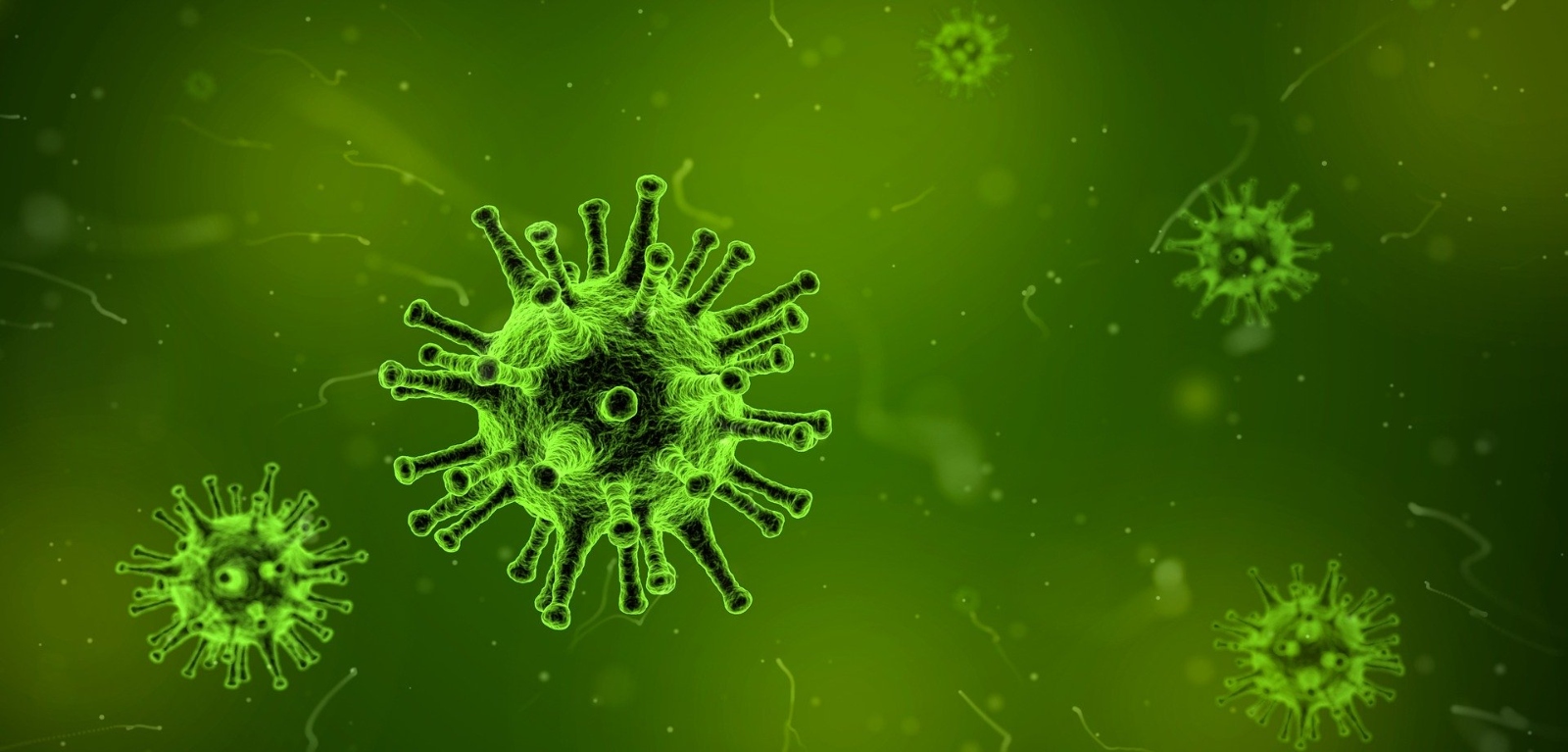Study uses wastewater to track flu variants which could detect next pandemic at an early stage
Researchers from Queen’s University Belfast have discovered a cutting-edge way to track both human and avian flu variants using wastewater.

This new method could help to determine how well seasonal flu vaccines are working and may also help detect the next pandemic at an early stage.
The study has been published in The Lancet Microbe.
It shows how looking at wastewater, also known as sewage, can be an efficient and cost-effective way to track flu in the environment and provide a better understanding of how it can spread to animal and human populations.
This is crucial to monitor whether avian flu will “jump” from birds to other mammals and form a new flu virus which could cause severe disease in the human population.
Dr Andrew Lee, Lead Researcher on the study and Senior Research Fellow from the School of Biological Sciences at Queen’s University Belfast explains:
“Avian flu has had a devastating impact on both domestic and wild animal populations worldwide, but current methods of surveillance rely on detection of sick or dead animals. We urgently need better ways to monitor and understand where flu virus is spreading in the environment, its potential for spread in wild or domestic animals, and its possibility of transfer to humans. Wastewater surveillance is an easy and cheap way of doing just that.”
The team, based in the Wastewater Epidemiology Lab at Queen’s University led by Professor John W. McGrath and Dr Deirdre Gilpin, have developed tests to measure and characterise a range of important human and animal pathogens in wastewater.
Dr Connor Bamford, Co-Lead on the study and Lecturer and Group Leader from The School of Biological Sciences and Institute for Global Food Security at Queen’s University Belfast comments:
“Our research has developed ways to help us detect and characterise flu virus in wastewater samples, which allowed us to discriminate between flu from animal and human origin. Finding evidence of avian influenza in wastewater alongside human flu supports the use of this true ‘one-health’ environmental monitoring tool to protect the health of livestock like poultry, wild birds, and humans alike.”
The research was led by scientists and researchers from interdisciplinary teams at Queen’s University Belfast, working closely with colleagues from the Agri-Food and Biosciences Institute, Public Health Agency, Northern Ireland Water, Department of Health, Department of Agriculture, Environment and Rural Affairs, and Department for Infrastructure.
The study was supported by funding from the Department of Health for Northern Ireland.
Media
Media inquiries to Sian Devlin at s.devlin@qub.ac.uk
